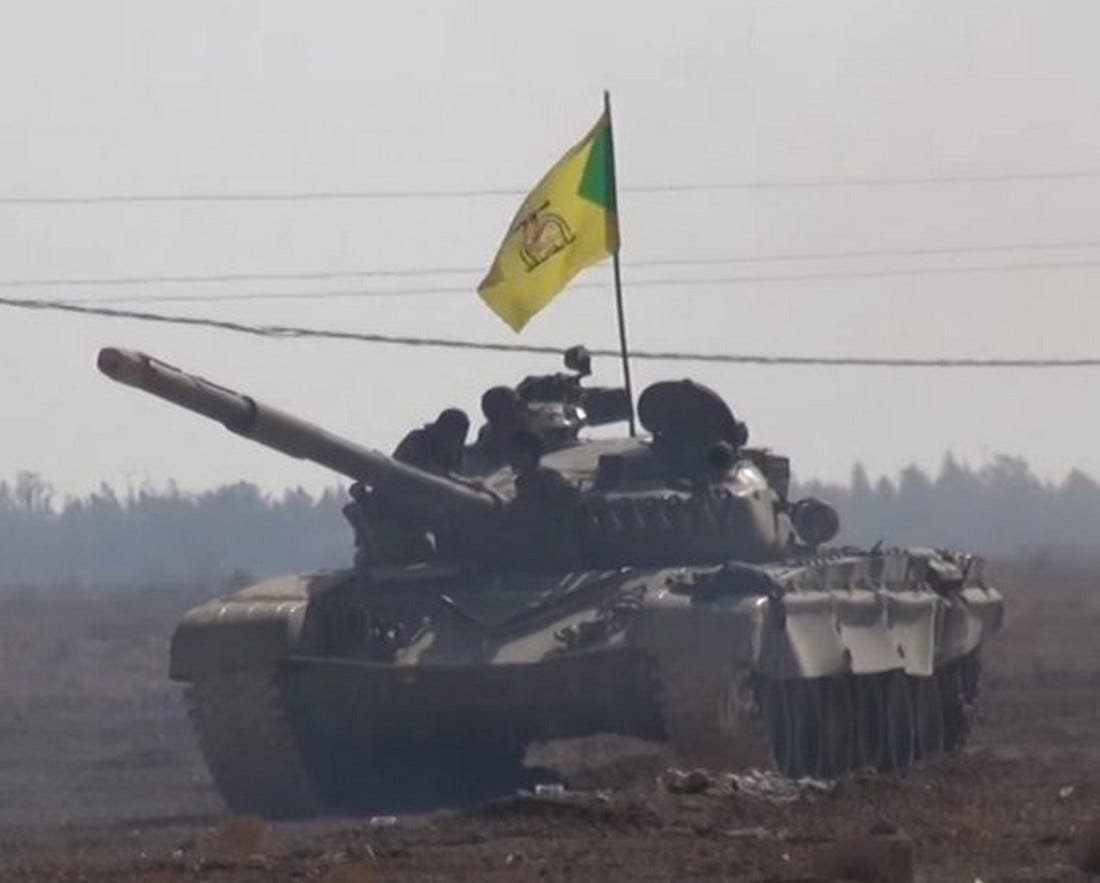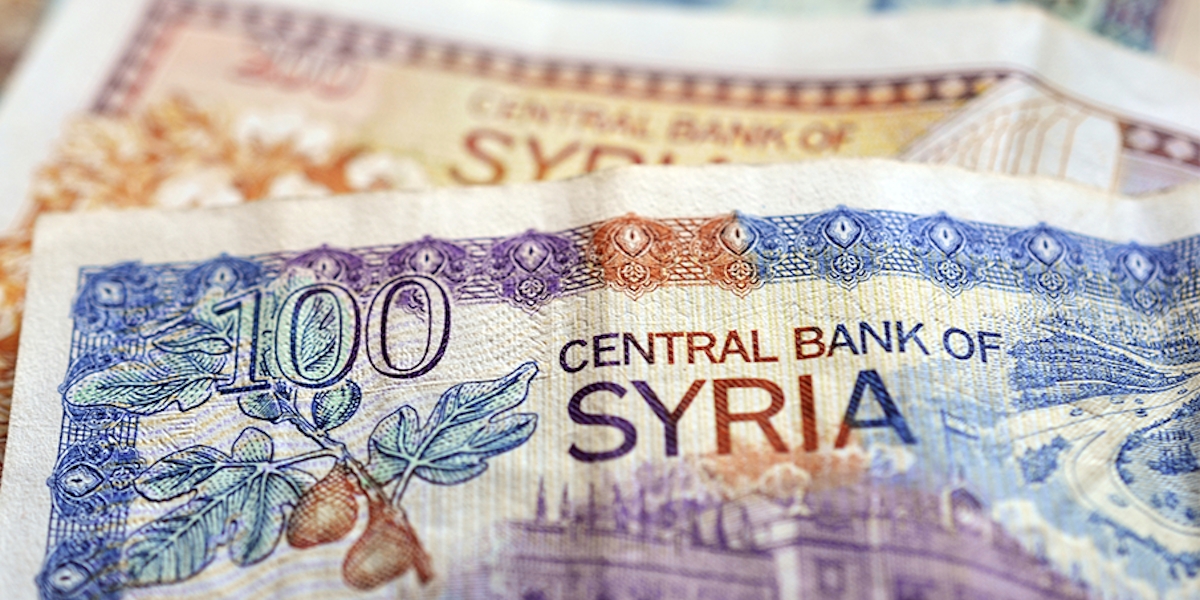
'In late 1400 and early 1401, the Mongol conqueror Tamerlane left “pyramids of skulls, like those constructed by Islamic State today” across Syria, recalls the French Middle East expert Jean-Pierre Filiu; it’s impossible not to see a parallel with the behaviour of the Syrian dictator Bashar al-Assad. In his most recent book, From Deep State to Islamic State; The Arab Counter-Revolution and Its Jihadi Legacy, (published by Hurst in London) Filiu concludes that the Arab revolution of 2011 - a term he prefers to “Arab spring” - is being destroyed by a counter-revolution led by the remnants of dictatorships in collusion with jihadists.
Over the past century, Filiu writes, the Arabs’ right to self-determination was “denied by colonial intervention, ‘hi- jacked’ at independence by military regimes, trampled on by the double standards of the war for Kuwait and the ‘global war on terror,’ and perverted in the UN, where peoples are represented by the regimes who oppress them”.
No other people have faced “so many obstacles, enemies and horrors in the quest for basic rights”, Filiu says. “In 1926, the French bombarded Damascus while holding an election in Aleppo; in 2016, Assad bombarded Aleppo while holding elections in Damascus,” Filiu says. “The logic is the same: faced with a revolutionary movement, hold meaningless elections.”
Filiu portrays the Arab dictators as modern-day Mamluks, after the former Ottoman slaves who ruled Egypt and Syria from 1258 until 1516. “They were a military caste, totally foreign to the population,” he explains. “They lived in a closed, endogenous society that inter-married, and the only thing that interested them was their internal power struggles. They were ready to burn down their own countries to keep power.” To support dictators against Islamic State “is not only immoral, it cannot work”, Filiu says. He wants the West to abandon faith in Arab “armies of occupation” and help Arab peoples.
Filiu portrays the Arab dictators as modern-day Mamluks, after the former Ottoman slaves who ruled Egypt and Syria from 1258 until 1516. “They were a military caste, totally foreign to the population,” he explains. “They lived in a closed, endogenous society that inter-married, and the only thing that interested them was their internal power struggles. They were ready to burn down their own countries to keep power.” To support dictators against Islamic State “is not only immoral, it cannot work”, Filiu says. He wants the West to abandon faith in Arab “armies of occupation” and help Arab peoples.
Filiu strongly objects to President Barack Obama’s two basic tenets on Syria: that the people Obama has referred to as “former doctors, farmers, pharmacists and so forth” were incapable of overthrowing the Assad regime; and Obama’s refusal to intervene without knowing who would replace Assad.
Sovereignty can come only from the people, Filiu argues: “Who liberated America from the British? It was doctors, farmers and pharmacists. A revolution is made by the people who exist.” Burned by the Libyan experience, Obama demanded the impossible in Syria. “Imagine if in [the French revolution in] 1789, people had asked who would replace the king. Revolutions don’t work like that,” he says.
Filiu wrote a book on his stay in revolutionary Aleppo in 2013, when the population drove jihadists out. The world then allowed regime forces to decimate the “doctors, farmers and pharmacists” who had risen up.
“There were a million people in the revolutionary zone,” Filiu recounts. “Then Assad started the TNT barrel bombs. There are fewer than 300,000 left now. Assad and Putin cannot take Aleppo house by house, so they decided to starve them and kill all the doctors in the hope people will die of their wounds. They want to turn Aleppo into Grozny [the capital of Chechnya, where 200,000 people were killed by Russian forces.]”
“There were a million people in the revolutionary zone,” Filiu recounts. “Then Assad started the TNT barrel bombs. There are fewer than 300,000 left now. Assad and Putin cannot take Aleppo house by house, so they decided to starve them and kill all the doctors in the hope people will die of their wounds. They want to turn Aleppo into Grozny [the capital of Chechnya, where 200,000 people were killed by Russian forces.]”
Despite our fixation on dictators versus jihadists, Filiu reminds us, the people count. In March, local militias along the Libyan-Tunisian border drove Islamic State out of their area. When the Syrian resistance briefly took the town of Rai from Islamic State in April, they received no help from the West.
“When the Berlin Wall fell, no one said, ‘That’s the east Europeans’ problem’. We have to stop obsessing about Islam and the ‘caliphate’ and talk about Arabs and the right of Arab peoples to self-determination.” '
“When the Berlin Wall fell, no one said, ‘That’s the east Europeans’ problem’. We have to stop obsessing about Islam and the ‘caliphate’ and talk about Arabs and the right of Arab peoples to self-determination.” '





